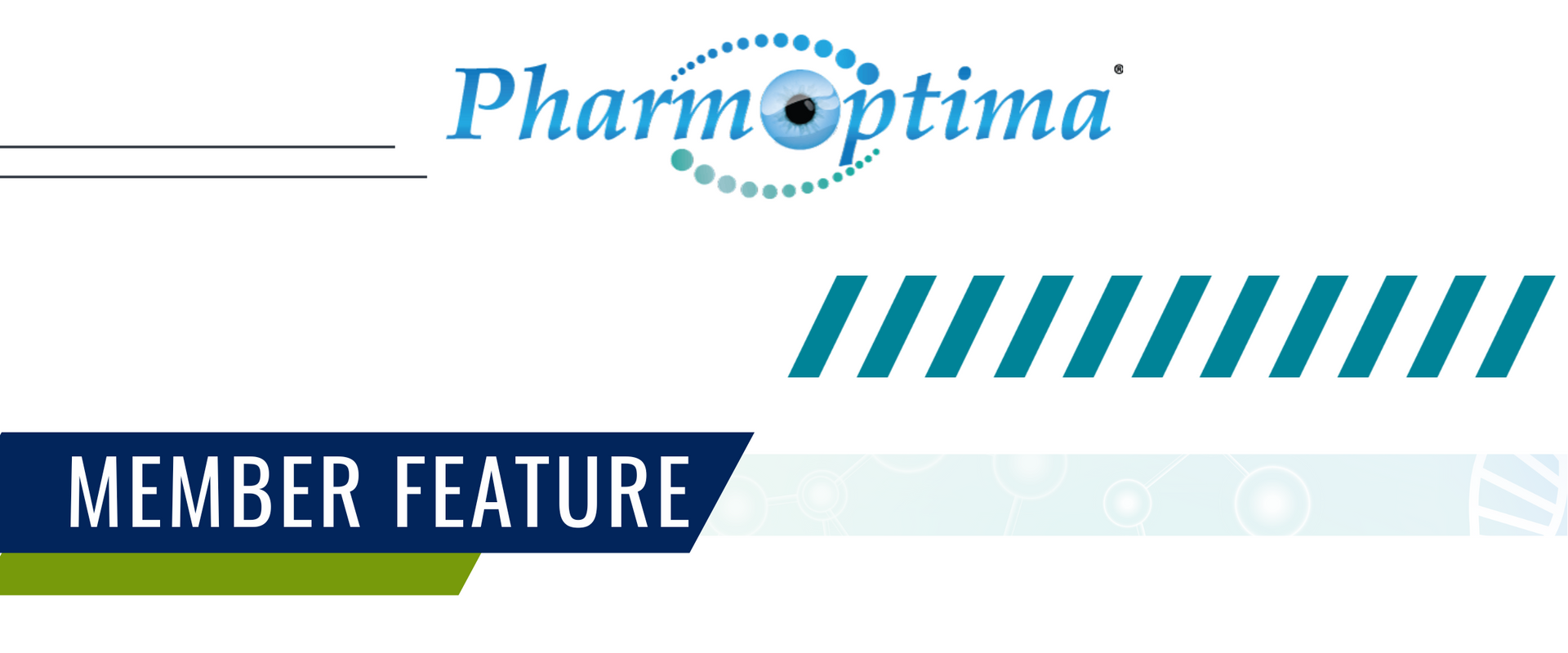MichBio Hosts Inaugural Life Sciences Legislative Academy
Bridging Policy and Innovation in Life Sciences
MichBio hosted a unique and exclusive event for legislators, a Michigan Life Sciences Legislative Academy, wherein bio-industry leaders gathered to educate elected officials about the life sciences ecosystem in Michigan, its economics, and unique needs of the industry, as well as pressing issues related to serving patients, developing treatments, and improving the quality of life for Michigan citizens. The Biosciences Legislative Caucus, a bicameral, bipartisan legislative interest group, was a co-host.
The Academy was modeled after a successful program developed by a sister organization in California. The MichBio event took place on February 22-23 in Grand Rapids and featured a diverse set of activities and topics for the legislators. It began with hosted tours at Grand River Aseptic Manufacturing and the Advanced Testing Laboratory at Corewell Health. Then legislators joined almost 80 attendees at an industry BioMixer at the penthouse event space at the Doug Meijer Medical Innovation Building on Medical Mile. A private dinner at a downtown Grand Rapids restaurant proved to be a lively gathering between elected officials, industry representatives, and others.
The second day of the program featured a mix of sessions (topics included CEOs Unplugged, Fostering Innovation and Commercialization, Unintended Consequences: Policies Threatening Innovation and Cluster, and Challenges to Patient Access) and more tours (BAMF Health, Spartan Innovations).
Exclusive to MichBio Members and Guests, the Michigan Life Sciences Legislative Academy is meant to become the premier life sciences event for state lawmakers and industry leaders to address the most pressing issues facing our sector. A follow up Biosciences Legislative Caucus briefing at the Michigan Capitol is contemplated for later this spring.
RECENT ARTICLES




